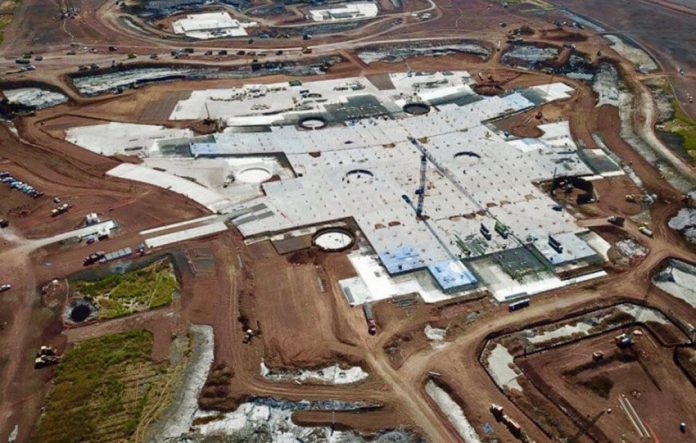The federal government is aiming to safeguard the new Mexico City airport project against corruption by encouraging workers to denounce it.
The Secretariat of Public Administration (SFP) and the Mexico City Airport Group (GACM) — the majority-owned state company developing the project — are fine-tuning a protection guide for whistleblowers that will allow employees to report acts of corruption with the certainty that they will remain anonymous.
The Organization for Economic Cooperation and Development (OECD) is also collaborating on the guide, whose aim is to generate a culture where everyone from senior management down feels empowered to speak up.
The idea for the guide stems from a workshop the OECD gave to SFP and GACM officials last month about whistleblower protection and its content is informed by the same organization’s 2015 report “Effective Delivery of Large Infrastructure Projects: The Case of the New International Airport of Mexico City.”
The OECD report says that internal reports against corruption can act as a deterrent to the practice and could therefore help the project to avoid significant monetary losses.
It also says that experience has demonstrated that those who denounce illegal activity within an organization are often subject to reprisals from management and colleagues, which can include dismissal, demotion and professional marginalization.
With that in mind, the central corruption-fighting recommendation of the OECD report is that all employees should be afforded protection so that they can speak out against the crime free of the fear that they will face retaliation for their actions.
The guide contains regulations, procedures and mechanisms aimed at protecting whistleblowers.
It has already been tested in a pilot project and is now being refined in preparation for implementation.
The US $13-billion airport project has come under fire from leading presidential candidate Andrés Manuel López Obrador, who has charged that it is corrupt, too expensive and not needed. He has pledged to scrap it if he becomes president.
Gerardo Esquivel, a top economic adviser for the third-time candidate, recently told the news agency Bloomberg that if López Obrador wins on July 1, he will insist on a temporary halt to the project in order to review the contracts and decide whether to keep it.
